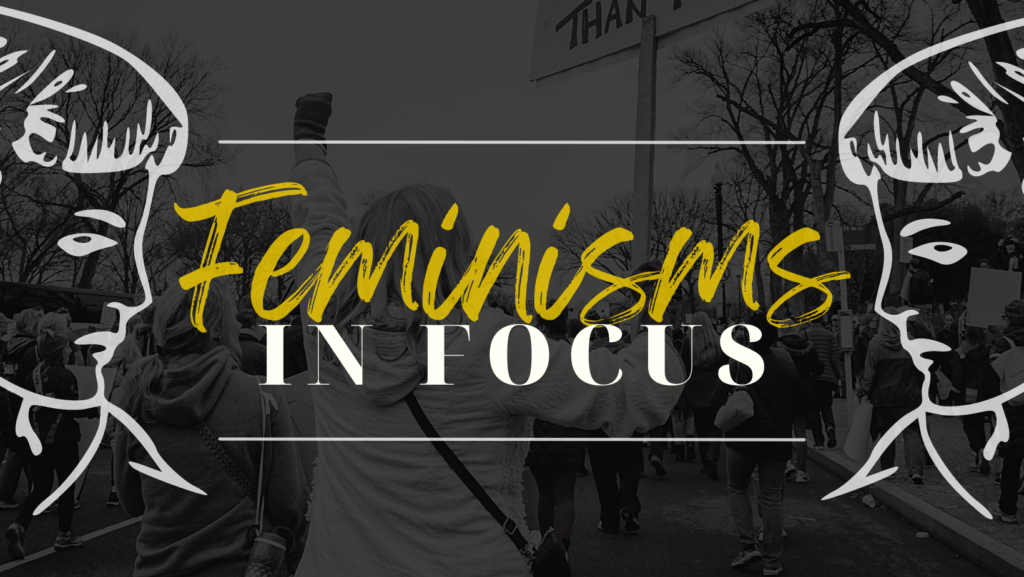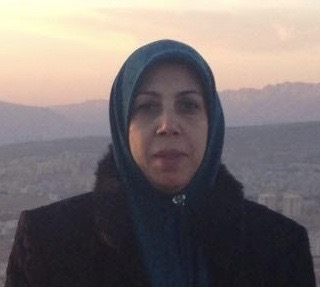Interview by Elaine Coburn

Interview with Fazileh Dadvar-Khani, Professor of Rural and Gender Geography at the University of Tehran, Iran, and Visiting Scholar at the Centre for Feminist Research, York University, Canada. Professor Davdar-Khani writes here from the Secretariat for the academic platform at the Urban Economy Forum and from the Secretariat for the Canada Women and Urban Sustainable Development Goals (SDG) programme.
The Urban Economy Forum (UEF) has recently launched an initiative to centre gender equality in its work, which is concerned with creating sustainable cities. Why is this focus on girls' and women's experiences of cities important? What new questions are raised about sustainable development in urban contexts when girls and women are taken into account?
The Urban Economy Forum (UEF) and our associated initiative, the World Urban Pavilion (WUP), are global knowledge exchange hubs focused on developing best practices for inclusive urban development. Realizing the United Nations’ Sustainable Development Goals (SDG) demands that we adopt an intersectional gendered and integrated approach using gender disaggregated data to inform policy development and the implementation of urban development initiatives.
This requires that we make the connections between SDG 5, promoting gender equality, and SDG 11, promoting sustainable cities and communities, to create cities that challenge gender and racial inequalities. Our aim is to ensure that all citizens—regardless of their age, gender and race—can have equal access to basic services, job opportunities, education, finance and security, including ensuring women’s access to land and property. To move towards these goals, the World Urban Pavilion met on December 16, 2021 to generate ideas and visions from stakeholders, including feminist activists, academics and policy-makers from across Canada and internationally.
At the World Urban Pavilion, we believe that it is only by actively confronting persistent structural inequalities that women's empowerment will be possible in inclusive and just cities. So, the WUP will seek to enhance the capacity of the United Nations Habitat, the custodian of SDG 11, "to make cities inclusive, safe, resilient and sustainable.” To achieve this means building inclusive social movements to raise awareness about the concept of sustainable development through dialogues at the WUP. Women and gender equality is one of the most important dimensions of this dialogue, because without considering the right and dignity of half of the population, sustainable development, whether in cities or in rural communities, will be meaningless.
Understanding the specific needs of women and girls raises many questions, for instance, supporting feminist approaches to urban design and planning. We need to make sure that the cities that we design are safe for girls and women, because then we can ensure cities that are safe and good for all. This means we need to develop criteria for girl-and-women-friendly cities.
Since the WUP is a global knowledge exchange hub, we can use our platform to advocate for gender equitable practices when developing government budgets and deciding what resources are needed to make SDG 5 and SDG 11 realities for women locally, Canada and around the globe. In keeping with the UN-Habitat goals of making cities inclusive, resilient and sustainable, we will support women’s active shaping of every aspect of city planning, challenging male-dominated approaches to urban planning. Understanding the challenges and tools for mainstreaming gender equality and equity in the planning process, monitoring and evaluation, through legislation and finance is another issue that need to be addressed.
As you have just explained, the UEF and the World Urban Pavilion (WUP) understands their work within the United Nations' (UN) framework for Sustainable Development Goals (SDG), especially SDG 5 promoting "gender equality " and SDG 11 promoting "sustainable cities and communities." What is important to the WUP about working within the United Nations' framework and how does this connect local cities with global responsibilities?
The WUP understands that we need to make connections between the United Nations’ global vision and change at the national and local levels. This is why we have created the Canada, Women and Urban SDGs programme to collaborate with women’s organizations, urban stakeholders and urban development programs in Canada and around the world. By taking a leadership role, Canada can build capacities for an equitable and just society where men and women are equal. Our Secretariat will collaborate with the Government of Canada, municipalities, non-governmental organizations, and other stakeholders who seek to empower women and promote gender equality in urban contexts in Canada. By developing best practices, our efforts can support other countries participating in the global movement for gender equality within sustainable cities. This is how we understand our role in creating sustainable cities for girls and women in Canada as part of the global commitments that the United Nations has made through the SDGs.
Girls and women are not a homogenous group. They come from very different histories and they have different needs and face different challenges, related to race inequities, sexuality, disability, age and more. How does the UEF take up the diversity of women in its work to make cities more sustainable and gender-equal places?
Our starting point is that men and women, boys, and girls, use spaces in cities differently—be it public or private spaces. This affects women’s safety, mobility, income, and perception of the self. Therefore, we need to consider the reality that the mode of planning and policy-making that works for men and boys may not work for women and girls. Collecting all stakeholders under one umbrella is a particular challenge when it comes to women’s issues in urban contexts, since women’s empowerment in cities has economic, social, cultural, environmental, institutional, political, and even basic engineering dimensions.
Obviously, as you observe, not all women are in the same situation. There are significant differences among women based on age, class, race, culture, and place of residence, among other characteristics. Therefore, women are confronted with different problems and needs, and they have different priorities. Since women are made up of different groups, good policy-making demands the active participation of diverse stakeholders concerned with women’s empowerment. We strive to ensure that women with various characteristics have an equal opportunity to express their issues, priorities, and needs. Good urban planning demands that women, in all their diversity, have access to services, security, economic opportunities, participation and control over their life.

